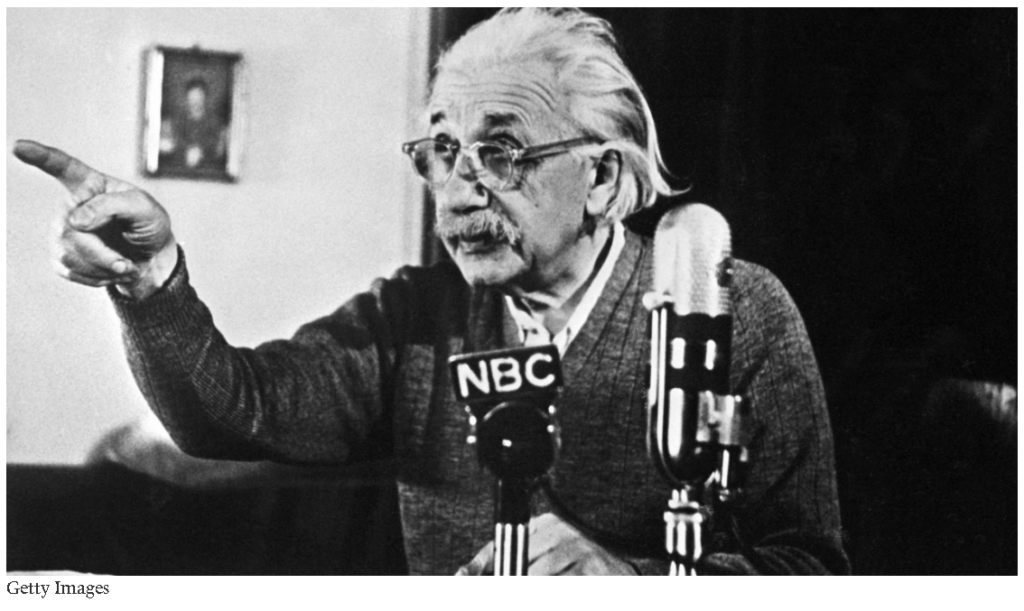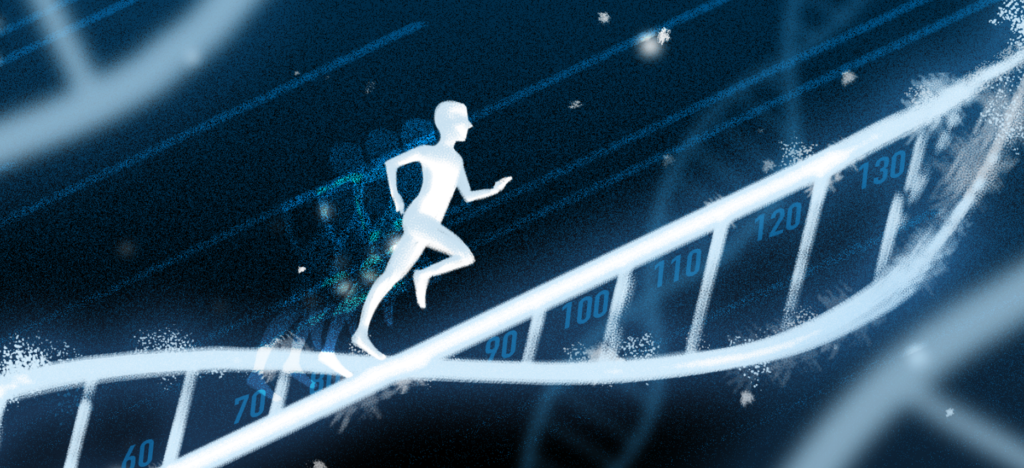
I am that person who hates drinking water. Where others enjoy a satisfying thirst quencher, I suffer through a barrage of sulfur, algae, swimming pool, and old metal pipes. Most days I avoid the issue entirely, subsisting on coffee, herbal tea, and the occasional LaCroix. But a few months ago, I began to suspect that chronic dehydration was the reason I continually felt tired and achy. So, in an effort to overcompensate my way to better life habits, I decided to slosh through a feat known across the internet as the Water Gallon Challenge: drinking a gallon per day for a month, with the promise of glowing skin and a lot more energy. Given my taste sensitivities, I went the filtered route and brought with me a hoard of limes, cucumbers, and sea salt, plus an emergency stash of electrolyte mix and a journal to track my energy, yoga performance, and bathroom breaks. Here’s how it went.








